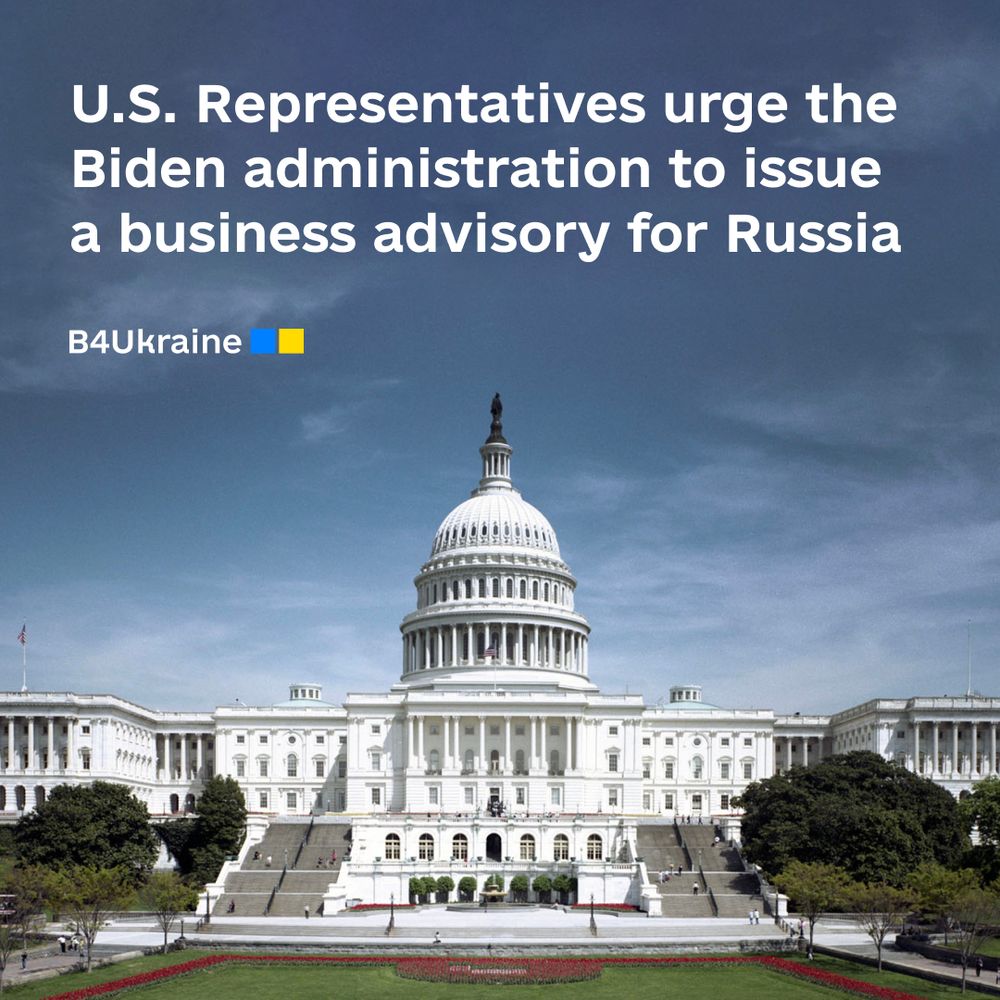
In 2022, American companies generated more revenue in the Russian market and paid more in taxes to the Russian government than any other country. These companies earned more than $40 billion in revenue, paying $712 million in taxes.
This week U.S. Representatives Adam Schiff, Bill Keating, Brian Fitzpatrick, and Dina Titus sent a bipartisan letter to Secretary of State Antony Blinken and Secretary of Commerce Gina Raimondo urging them to issue an advisory about the risks of conducting business in Russia. Only a month earlier, U.S. Senators Sherrod Brown, Dick Durbin, Bob Casey, and Richard Blumenthal made a similar request of the Biden Administration. Unfortunately, after more than 500 days of war, the administration has been unwilling to advise U.S. companies of the heightened risks of doing business in Russia, including directly funding the war effort.
Hundreds of U.S. businesses have exited the Russian market since the start of the full-scale invasion, but hundreds more continue to operate in, and maintain relationships with, the Russian state and its owned and affiliated businesses. Companies that remain in the Russian market are not only paying taxes to the Russian state, they are also exposed to legal and regulatory liability, operational disruptions, such as the seizure of assets by the Russian state, and reputational harm associated with doing business in or with a state involved in the commission of war crimes.
It is well past time for the Biden Administration to do what it has done in other markets where the risks to people and businesses are heightened – issue context-specific business advisories to help companies identify and mitigate material risks related to human rights and conflict. When faced with states engaged in the commission of war crimes and crimes against humanity, the United States issued advisories for Myanmar, Xinjiang Region, China, Hong Kong, Sudan, and Cambodia. Since the Russian invasion of Ukraine, they have released an updated advisory on Sudan and a “unique” business risk advisory focused on the gold sector across sub-Saharan Africa. The ongoing invasion and occupation of democratic Ukraine by Russia and the severe risks to Ukrainian civilians and American companies merit a comparable response.
Americans have joined in common cause with the Ukrainian people in their struggle to protect themselves, their freedom, and their sovereignty from Russian aggression. Ukrainians have not asked for Americans to fight the war for them. They have asked for the means to defend themselves and “to make sure that the Russians do not receive a single penny that they use to destroy people in Ukraine, the destruction of [their] country, the destruction of Europe.” Now is the time for U.S. companies to join the fight for Ukrainian democracy, not shares of the Russian market.